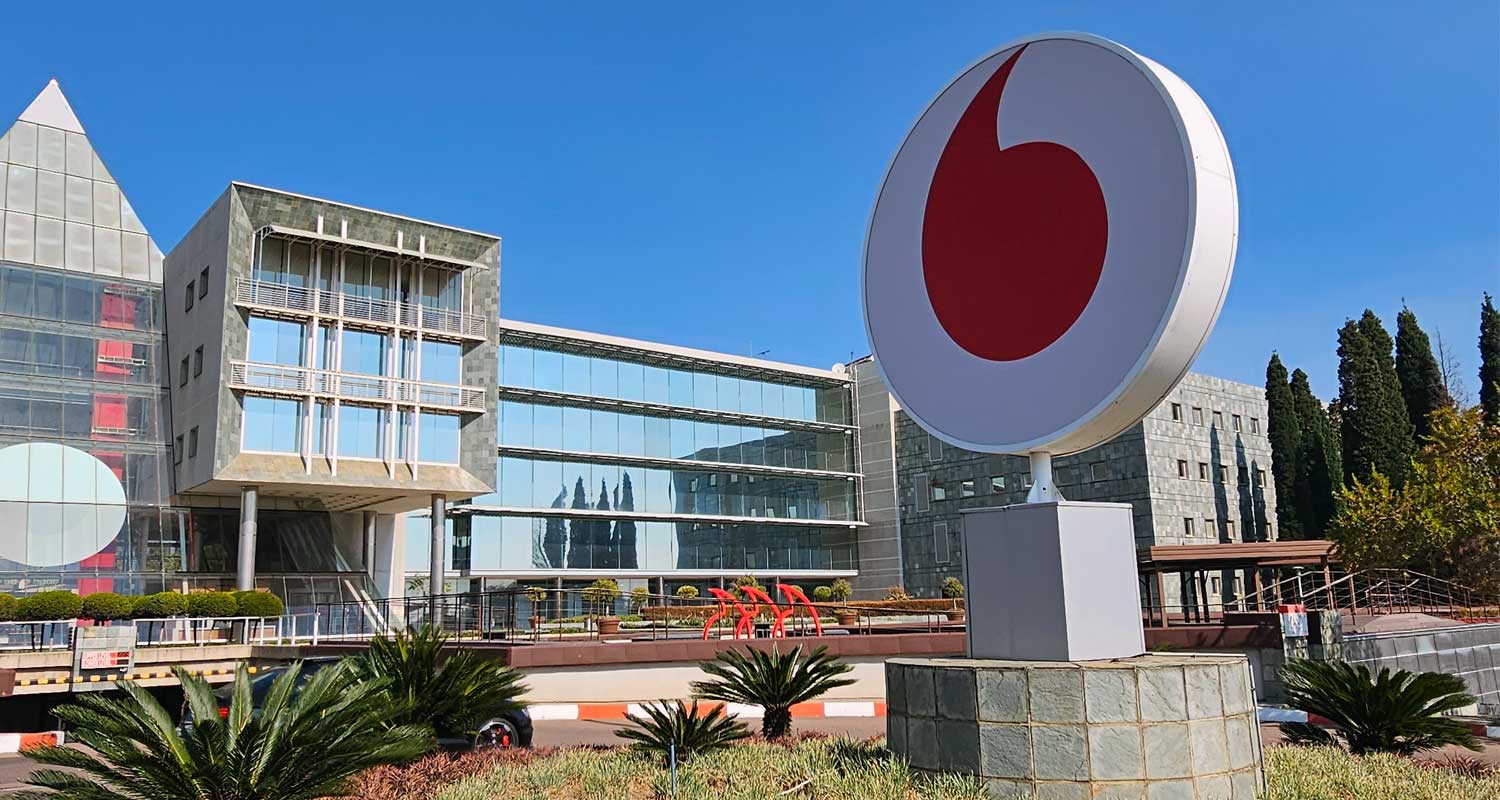 Vodacom’s spectrum pooling case against communications regulator Icasa and telecoms operators MTN, Cell C and Liquid Intelligent Technologies will soon be heard in the high court in Pretoria.
Vodacom’s spectrum pooling case against communications regulator Icasa and telecoms operators MTN, Cell C and Liquid Intelligent Technologies will soon be heard in the high court in Pretoria.
The matter was initially scheduled to be heard this week — from Tuesday — but TechCentral understands that the parties have agreed at the last minute to a postponement for a case management meeting on 20 August with deputy judge president Aubrey Ledwaba. This meeting will be used to agree on timelines for the hearing and to appoint a judge to hear the matter. This is after some respondents apparently voiced concerns about the schedule.
TechCentral reported in May that Vodacom had filed an urgent interdict with the court seeking to stop rival MTN from using spectrum pooling arrangements that Vodacom has claimed were unlawfully approved by Icasa in 2022.
In its filing, Vodacom claimed the arrangements, which included one between MTN and Cell C and another between MTN and Liquid, have placed it – as well as Telkom and Rain – at a competitive disadvantage. It suggested this is the principal reason independent tests have shown MTN to have a superior network to its own in recent years.
Vodacom further alleged that the spectrum pooling deals were approved by Icasa in secret without any public participation as required under the Electronic Communications Act. Telkom, in its own responding affidavit (it is the sixth respondent in the case), agreed with Vodacom’s assertion, saying the secrecy regarding the approvals undermined the regulatory safeguards woven into the spectrum auction process.
Following Vodacom’s initial filing, responding affidavits by Icasa, MTN, Cell C and Liquid as the first, third, fourth and fifth respondents in the case, respectively, were also filed with the court. Rain, which is listed as the seventh respondent, did not file papers and told TechCentral in response to a query that it is “not involved in the matter”.
‘Spurious’
Prior to going back to court, Vodacom then had the opportunity to file an affidavit in response to the answering affidavits filed by the accused parties. This document, seen by TechCentral, is the basis of the arguments Vodacom will expand on in open court once a hearing date has been confirmed — presumably at or soon after the 20 August meeting.
One of these arguments is that attempts by the accused parties to refute Vodacom’s claim of illegality have been “spurious” at best, further legitimising the company’s claim.
“MTN refrains from offering any rebuttal at all of the unlawfulness… This is noteworthy,” said Andrew Barendse, managing executive for regulatory affairs at Vodacom, in the company’s responding affidavit. “Secondly, some of the attempted rebuttals are so obviously strained as to cast focus on the strength of the case for unlawfulness.”
Read: We are not law breakers: MTN hits back at Vodacom lawsuit
Vodacom said one of the “most obviously unlawful” aspects of the pooling arrangements was the use of unlicensed and unassigned “guard bands”.
Guard bands are slivers of spectrum between blocks belonging to different licensees that are deliberately kept empty to minimise interference.

MTN, in its response filed earlier, downplayed the importance of the guard bands, calling them “archaic” and “small”. Icasa said the matter of guard band abuse, if there was any, should be heard by the regulator’s complaints and compliance committee (CCC); Barendse described this response as “laconic”.
Barendse held up Vodacom’s initial request that the court should urgently interdict the pooling agreements while it seeks an outcome in the matter, despite arguments against this. Icasa chairman Mothibi Ramusi in his responding affidavit said Vodacom’s application should be struck from the roll due to a “self-created urgency deserving of a punitive cost order”.
But Barendse flipped the matter on its head, saying Icasa was “evasive” and “lethargic” when queried by Vodacom about the pooling arrangement.
““Vodacom could not rush to the courts without engaging Icasa as the regulator first. Expecting Vodacom to allow the advantaged position of MTN, derived from unlawful approvals, to be entrenched while the process of a review plays itself out in the courts would be unjust and render ultimate success on review potentially nugatory (futile),” said Barendse,” said Barendse.
He added that it would be “manifestly difficult”, if not impossible, to undo the competitive benefits that MTN, in particular, will continue to gain as a result of the allegedly unlawfully approved pooling arrangements while the matter is still being heard by the courts.
Barendse said it was “undeniable” that Vodacom had suffered competitive harm as a result of the pooling arrangements. But one of the arguments brought forward by the accused parties is that the agreements are a form of spectrum sharing – which is technically different from spectrum pooling – and provided for within the regulatory framework, they said. Barendse said the name given to the arrangements is not material to determining their illegality.
Dispute over forum
“Vodacom’s case for unlawfulness does not depend on this distinction. If the distinction is accepted, then this pooling is something Icasa is not competent to authorise and license, but if the distinction is not accepted, this does not mean sharing can occur without the proper licensing of shared spectrum,” he said.
When legal proceedings begin, the high court’s take on the argument by Icasa’s Ramusi that the court does not have jurisdiction to hear the matter will be critical for Vodacom’s case. If the court agrees with the regulator, the matter may be struck from the roll.
Ramusi has argued that Vodacom should have approached the competition authorities – either the Competition Commission or the Competition Tribunal – or the CCC instead of the high court.
But Barendse said in his affidavit that although the resulting competitive disadvantage was part of Vodacom’s case – and an issue Icasa ought to have examined together with the competition authorities before approving the spectrum pooling arrangements – Vodacom is nonetheless not arguing unlawfulness based on the Competition Act. Rather, it is based on the Electronic Communications Act, where Icasa has purview.
 He said Vodacom could not complain to Icasa and employ Icasa’s complaints procedures in respect of conduct Icasa itself authorised.
He said Vodacom could not complain to Icasa and employ Icasa’s complaints procedures in respect of conduct Icasa itself authorised.
“I note that Icasa asked MTN, Cell C and Liquid for their views on the effects of their proposed arrangement on competition but deny that that constituted a proper competition assessment in terms of the Electronic Communications Act,” said Barendse. – © 2024 NewsCentral Media




